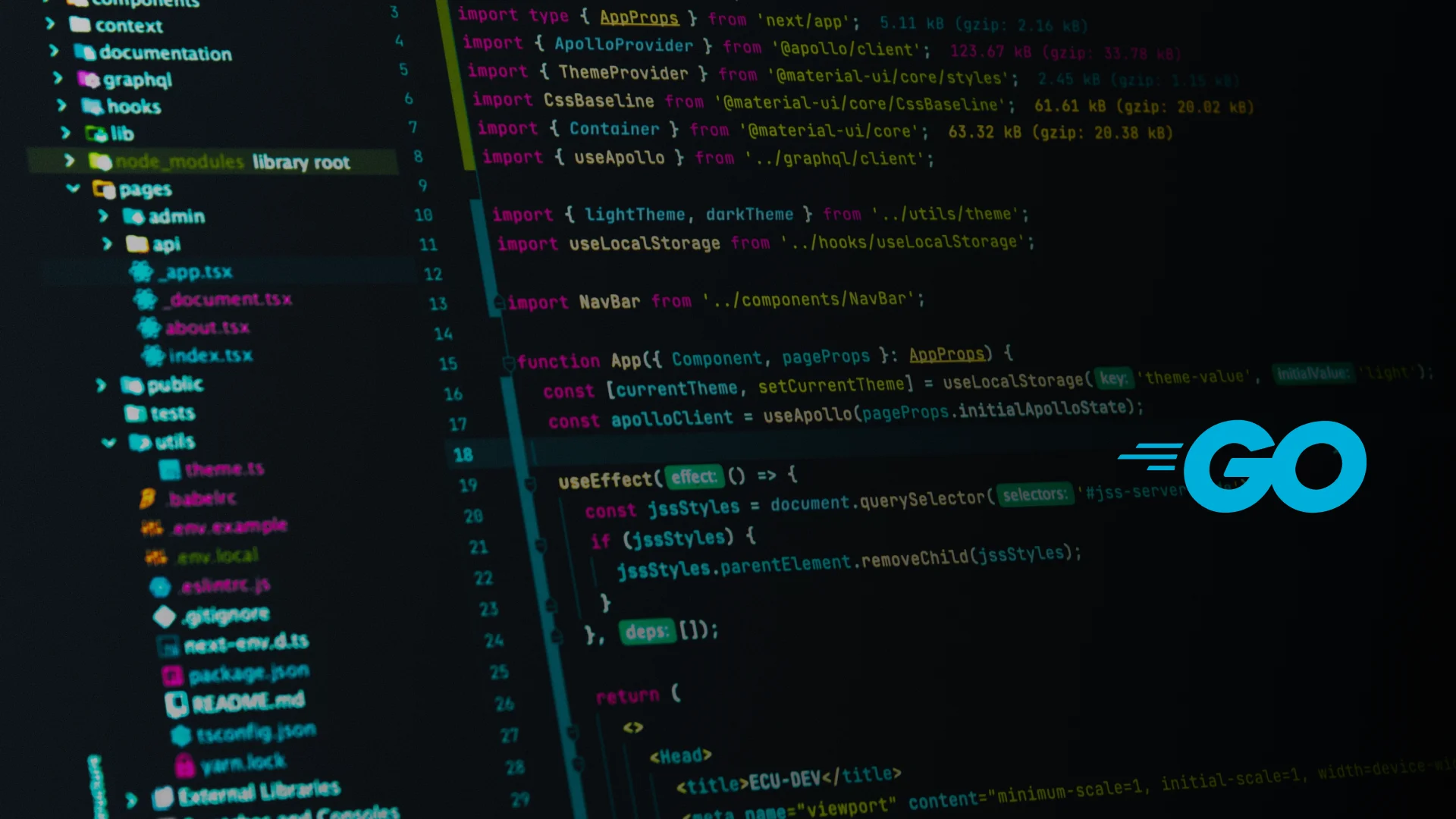Getting Started With Golang
Golang is a rapidly growing language and dominating other languages
Published on Aug. 30, 2024

Golang is a rapidly growing language and dominating other languages
Published on Aug. 30, 2024

In 2006, Intel introduced its first dual-core processor, leading Google to recognize the potential of multi-core machines. To fully utilize these capabilities, Google began building Go in 2007—a programming language designed to take advantage of multi-core processors.
Go was created primarily for server-side development, and Google is migrating its infrastructure to Go.
Every Go program is made up of packages. The main function is written in the main package. Packages are imported using the import keyword.
package main
import (
"fmt"
)
func main() {
fmt.Println("Hello World")
}
The package name should match the last word of the import path.
package main
import (
"fmt"
"unicode/utf8"
)
func main() {
fmt.Println(utf8.RuneLen('c'))
}
In Go, names that should be visible in other packages must start with a capital letter.
// Package "notmain" code
package notmain
import (
"fmt"
"unicode/utf8"
)
func NewMethod() {
fmt.Println(utf8.RuneLen('c'))
}
// Package "main" code
package main
import (
"fmt"
"notmain"
)
func main() {
notmain.NewMethod()
}
Function declarations in Go start with the func keyword. Functions can take zero or more arguments, and the return type is specified after the arguments.
package main
import "fmt"
func add(a int, b int) int {
return a + b
}
func main() {
fmt.Println("12 + 12 :", add(12, 12))
}
The var keyword is used to declare variables. Variables can be at the function level or package level.
package main
import "fmt"
var age int
var name string
func main() {
age = 21
name = "Name"
fmt.Printf("Name: %s\nAge: %d", name, age)
}
Variables can also be declared using the := operator, which automatically assigns the data type and value to the variable. This method can only be used within a function.
func myfunc() {
age := 21
fmt.Printf("age: %v\ndata type: %T", age, age)
}
Golang is a rapidly growing language and dominating other languages